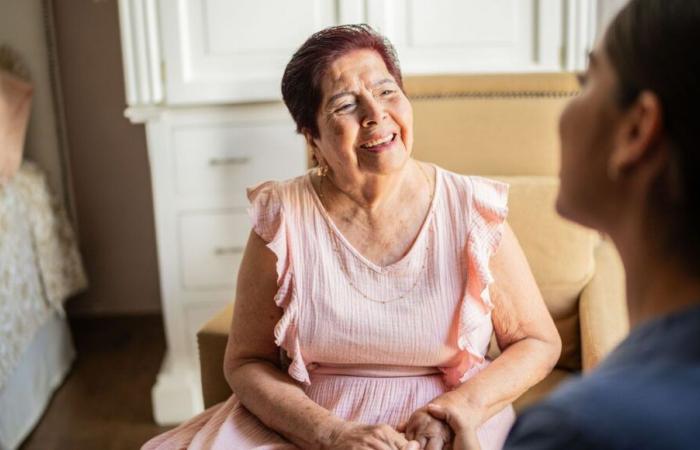As Alzheimer’s disease affects more and more people, there is hope thanks to research and new treatments that are emerging. Dr. Kierzek explains these new advances to us.
The European Medicines Agency approved the treatment on November 14 This groupafter an initial rejection in July. A new hope For patients with Alzheimer’s disease, however, challenges remain, particularly regarding costs and side effects.
Promising new treatments
Leqembi is intended for people with early-stage Alzheimer’s disease and aims to slow cognitive decline. It is recommended for patients with:
- Mild cognitive impairment or mild dementia due to Alzheimer’s;
- Lower risk of brain hemorrhage.
This treatment works by reducing amyloid plaques in the brain. Clinical trials have shown a reduction in cognitive and functional decline by 35% after 18 months of treatment. At the same time, another promising treatment, Kisunla, was approved by the US FDA in July 2024, providing another option for patients.
Despite progress, challenges persist
Despite therapeutic progress, several challenges remain to be overcome for effective care patients:
- The high cost treatments;
- The need to diagnose the disease at an early stage to maximize the effectiveness of treatments;
- Managing side effects potentially serious.
These advances bring a new hope to the millions of people affected by Alzheimer’s disease, while emphasizing the importance of continue research efforts in this area.
The advice of Dr. Gérald Kierzek
Join us every morning at 8:50 a.m. The advice of Dr. Kierzek. From managing our stress to our nutrition and even our sleep, he gives you good advice on every aspect of our daily life.
You can also find this column replayed on the HERE app and the Radio France app.
Health






